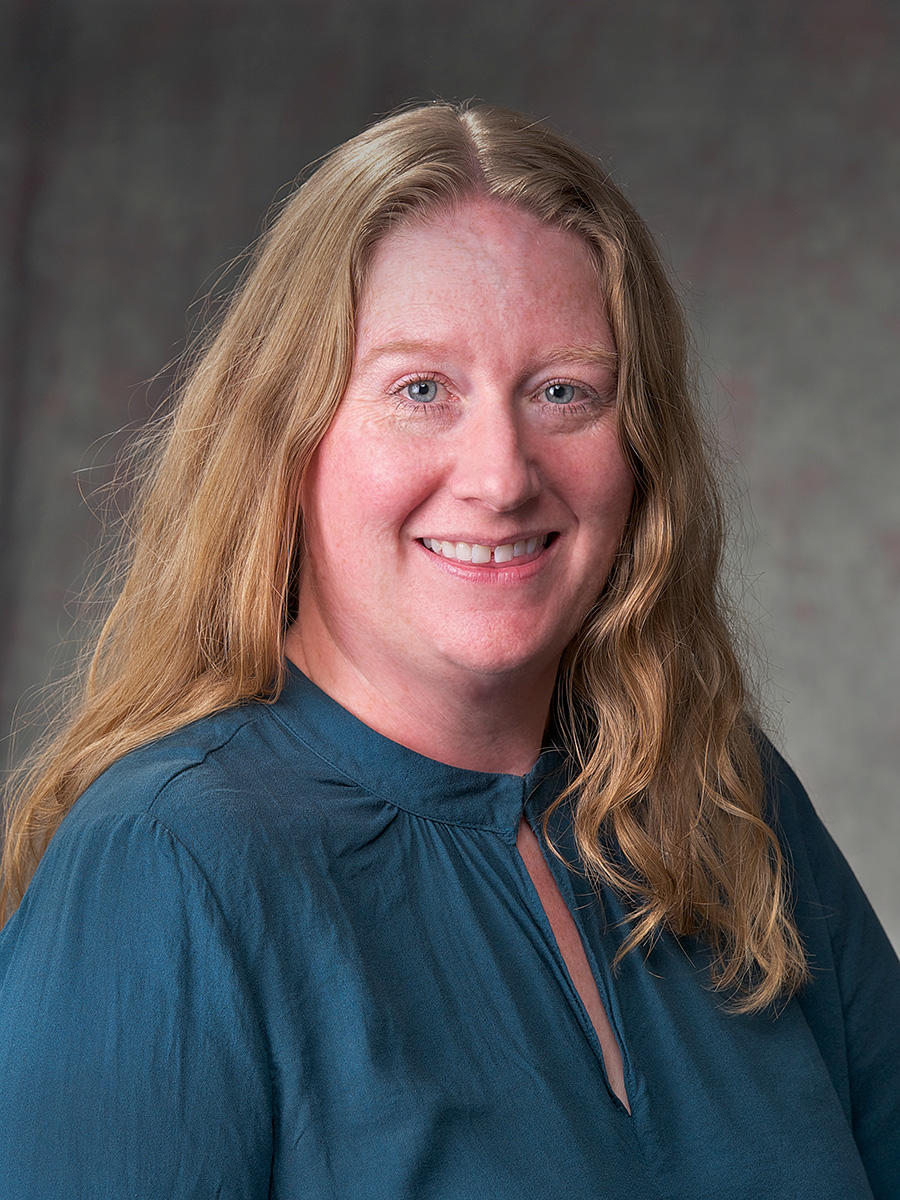Oct. 27, 2022
What We Are Learning This Week with Dr. Roberta Rice

October 31, 2022 in INDG 407 Comparative International Indigenous Communities
Dr. Roberta Rice is exploring Free, prior and informed consent (FPIC) and extractive industry
Can you tell us a little more about this topic?
Canada’s greatest challenge, as a global energy leader, is to develop natural resources in such a way that not only respects Indigenous peoples’ rights but improves Indigenous-state relations. The strong overlap between mining sites and Indigenous communities in Canada poses a mix of peril and opportunity for Indigenous peoples. In Latin America, the asymmetry between the gains for transnational mining companies versus those of the governments and communities in the host countries has become a source of conflict. And more often than not, a Canadian mining company is at the centre of that resource conflict.

What else do you cover in your course?
This course introduces students to the major tensions, dilemmas, and debates in Indigenous-state relations in Canada and Latin America. We look at how Indigenous peoples organize and access the state in the two regions as well as the role that historical and political context plays in Indigenous movement strategies, tactics, and outcomes. In addition to Indigenous consultation and extractive industry, we cover such topics as territorial autonomy and self-government; gendered and colonial violence; and truth and reconciliation.
How did you come to develop this course?
One of the first questions that Indigenous leaders and activists in Latin America ask me as a Canadian researcher is: What is it like for Indigenous peoples in Canada? So, I decided to find out by expanding my research to include a focus on Indigenous politics in Northern Canada. I won a research grant to explore Indigenous governance dynamics in Nunavut and Yukon as compared to Bolivia and Ecuador. This course is tied directly to this new research agenda.
Finally, what other courses would you recommend for students interested this topic?
Students who want to continue exploring Indigenous issues can take POLI 565/665 Indigenous Politics in the Global South as well as courses in the International Indigenous Studies Program.
Our Thanks to Dr. Roberta Rice for sharing your course with us!
